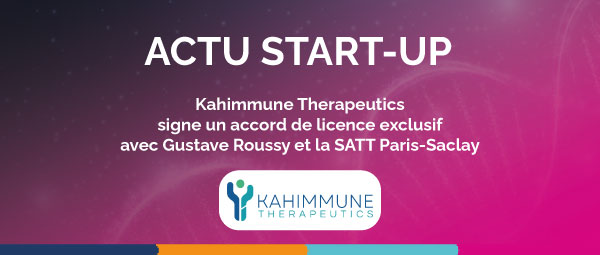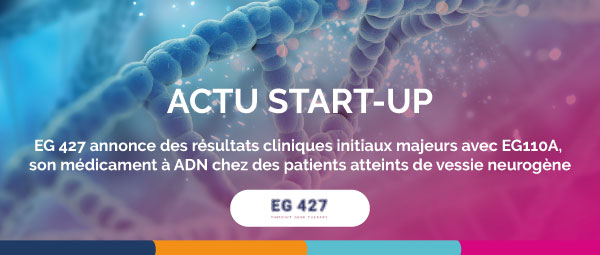![]()
Paris, January 18th, 2020 – The space industry seeks new solutions to ensure economic and environmental space sustainability with the rise of satellite mega-constellations. A solution lies in the use of in-orbit propulsion, but traditional systems are not fit for the New Space paradigm. Today, ThrustMe announces that they have successfully tested the first iodine-fuelled electric propulsion system in space aboard the Spacety Beihangkongshi-1 satellite. This world first in-orbit demonstration has the potential to transform the space industry.
On 28 December 2020, the first iodine electric propulsion system to be launched into space was successfully fired, with a second successful test on 2 January 2021. Both test burns were performed by ThrustMe’s NPT30-I2-1U propulsion system onboard the Beihangkongshi -1 satellite from Spacety. The satellite was launched on 6 November 2020, and after several weeks of satellite commissioning, the propulsion system was operated during two 90-minute burns resulting in a total altitude change of 700 m. These tests represent the first in-space operation of the NPT30-I2-1U, and the first demonstration of iodine as a viable propellant for electric propulsion systems: an important step in accelerating its commercial adoption.
The use of iodine as a propellant is a breakthrough for the satellite industry. It allows propulsion systems to be delivered completely prefilled to customers, and for the satellite integration process to be significantly simplified and streamlined. Therefore, iodine offers the potential to provide both economic, and environmental sustainability for the space industry. Indeed, most conventional electric propulsion systems make use of xenon or krypton which are expensive, rare, and must be stored under very high pressure. Furthermore, satellite assembly, integration and testing can be more complicated since specialized equipment and trained personnel are required to safely load fuel tanks with such
propellants. Iodine by contrast can be stored as a solid at room temperature, is much cheaper, more abundant, and completely unpressurized.



